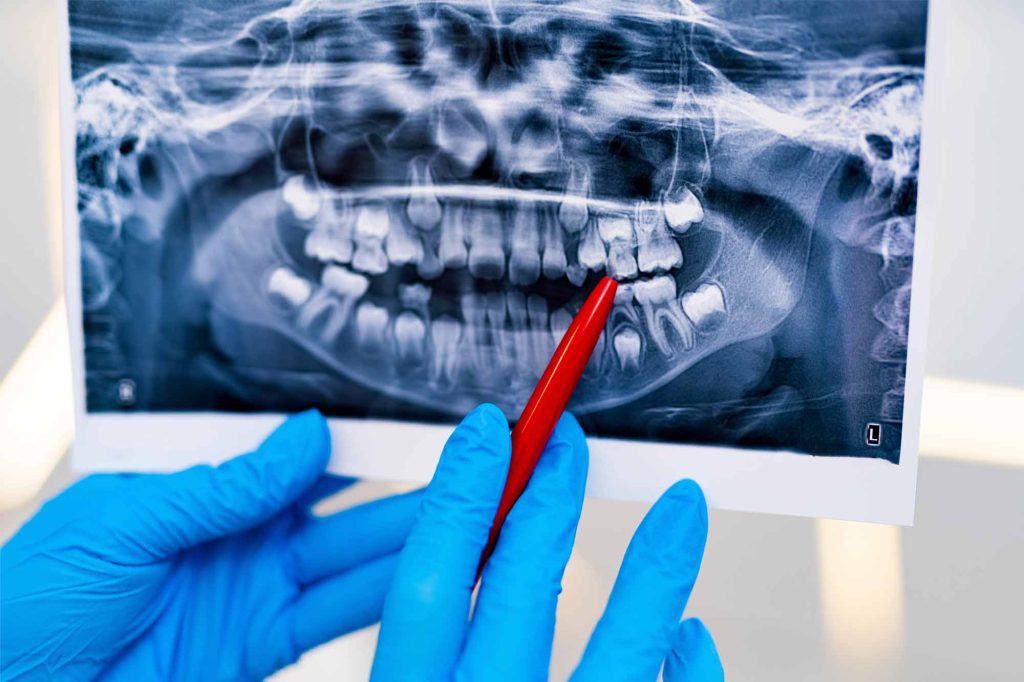Navigating HIQA’s radiation audit procedures
by Jane Renehan

Jane Renehan answers a reader’s question relating to the Health Information and Quality Authority’s new radiation audit procedures.
The question – Dear Jane…
How do HIQA’s new radiation audit procedures differ from the previous Dental Council clinical audit criteria? What has changed for practice owners and dentists?
Answer
Legislative changes in recent months assigned the Health Information and Quality Authority (HIQA) overall responsibility for clinical audit in radiology. This includes radiology in dental practice.
Previous Dental Council clinical audit criteria have been replaced by HIQA’s new procedures, which came into effect November 2023. Dental practices must make changes to align themselves with the regulations.
There is a legal obligation on the practice owner to ensure that clinical audit is carried out in line with HIQA’s national procedures. Practice owners and dentists should familiarise themselves with these new audit procedures.
HIQA requires each practice to have a site-specific audit strategy in place that identifies how a practice owner implements audit within their practice location(s). Practitioners should be encouraged to actively participate in audit activity and results analysis.
The new procedures strive to promote continuous and self-directed quality improvement activity by dental practices. From time to time, HIQA may request practice owners to submit documentation on their location-specific audit procedures and trends analysis.
What’s new?
Practice owners are advised to have a clinical audit strategy in place. This may be a simple or detailed document, depending on the scale of the organisation and the level of radiological risk.
Suggested headings in the practice’s audit strategy are:
- Management and responsibilities – who is responsible?
- Personnel – who does it?
- Prioritisation and schedule – what should be done and when?
- Method – how will it be done?
In larger organisations, appointing a lead or coordinator is recommended. This responsibility will most likely fall within the remit of the radiation protection officer (RPO).
Benefits of audit
HIQA is keen to emphasise the benefits of clinical audit for both patients and practitioners.
Patients should expect increased focus on continually improving safety and quality. The benefit being that only appropriate procedures and treatments involving radiation are delivered safely.
Practitioners and staff should also benefit as it will encourage them to actively participate and foster a culture of regular quality improvement.
Practice owners are urged to promote a positive culture of collaboration amongst dentists. Collective reviewing audit data is encouraged as such peer review promotes shared learning. Gaps and deficiencies identified through clinical audit can subsequently be addressed by recommendations actioned in a quality improvement plan.
Audit topics
Practice owners and dentists are advised to develop practice specific topics, which reflect the complexity of their dental practice and the level of radiological risk within their service provision. Using the headings of structure, processes, and outcomes of care, the main elements for oversight across the full clinical pathway can be examined.
A practice’s radiological risk will vary based on for example, the age of the patients treated, the type of treatments planned, the level of ionising radiation exposure needed to acquire diagnostic images, type of equipment in use at the practice etc.
HIQA provides samples of dental audit topics in its document ‘National procedures for clinical audit of radiological procedures involving medical exposure to ionising radiation’ (2023). Appendix six of the document is helpful when looking for dental specific topics to commence implementation of the new procedures. The practice audit strategy should counsel practitioners towards topics that cover the entire clinical pathway.
Audit cycle
The clinical audit cycle should be applied to each audit topic by following the five key stages:
- Plan for clinical audit
- Standard and criteria selection
- Measure performance
- Make improvements
- Sustain improvements.
Audit frequency
The practice audit strategy should contain a schedule of continual activity. The regularity of specific topics being audited will vary, as the frequency should be appropriate to the level of risk in the service.
Caution is advised against undertaking unnecessary, wasteful, or inappropriate audits. Choose audit topics that are meaningful to your specific practice, sustainable over time and achievable in a busy practice.
Some topics lend themselves to more regular auditing then others. For example, topics examining patient safety issues could be deemed as a high priority, being conducted each month or quarterly. Whereas a review of training records may only need to be done annually.
Audit findings that indicate gaps in adherence to the practice’s safety procedures will require reauditing more frequently than audit results of a 100% compliance with practice radiation safety procedures.
Summary
HIQA has replaced the Dental Council as the oversight body for radiation audits in dentistry. The previous Dental Council audit criteria are no longer sufficient to satisfy the regulatory requirements of S.I. 256 of 2018, Regulation 13 (Procedures).
New standards emphasise the need for practices to have a robust, documented governance framework in place. This includes items such as roles and responsibilities, priority audits, oversight measures, and audit timeframe.
Effective since November 2023, HIQA can now request documentary evidence from a practice owner that clinical audit procedures have been implemented in accordance with the new standards.
Dentists and practice owners should be fully aware of the impact that HIQA’s new national procedures in clinical audit have on the practice of dentistry in Ireland.
References
- www.hiqa.ie/reports-and-publications/guide/national-procedures-clinical-audit-radiological-procedures-involving
- www.dentalcouncil.ie/code-of-practice/ionising-radiation
Read more Dear Jane articles:

